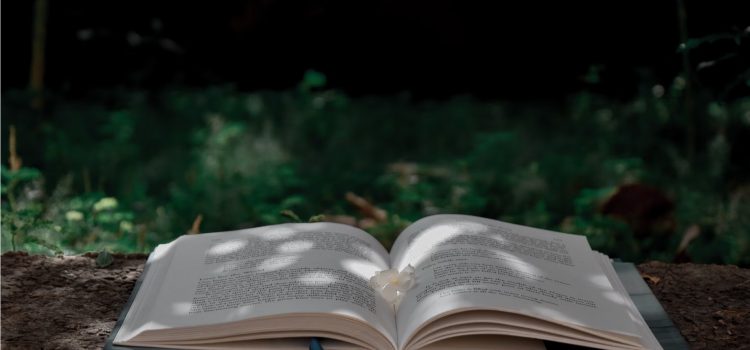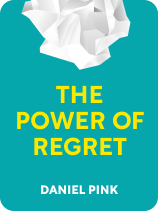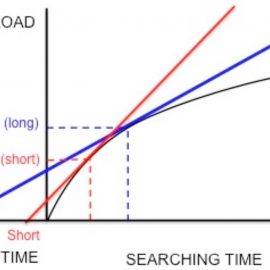

This article is an excerpt from the Shortform book guide to "The Power of Regret" by Daniel Pink. Shortform has the world's best summaries and analyses of books you should be reading.
Like this article? Sign up for a free trial here.
What are the best The Power of Regret quotes? How will these quotes inspire you to make better decisions?
Most people have regrets but believe it’s best to “live with no regrets.” According to Daniel Pink, the author of The Power of Regret, regret is a normal, healthy part of life and you can even harness it to your advantage.
Below we’ll cover the best quotes from The Power of Regret that you can learn valuable lessons from.
The Best The Power of Regrets Quotes
Is there something in your life you wish you could undo? Everyone has regrets, but in The Power of Regret, Daniel Pink explains why that might actually be a good thing. According to Pink, you can grow from your regrets and use them to improve your life. In our guide to The Power of Regret, you’ll learn about the process of forming regrets, the types of things people regret most, and how to analyze your regrets for life-changing lessons. You’ll even learn which types of regret feel less intense with time—and which ones feel more.
Here are four The Power of Regrets quotes that will make your future brighter.
“Moral regrets sound like this: If only I’d done the right thing.”
People experience ethical regrets when they feel they’ve acted against their personal code of ethics. These are regrets of things done more often than regrets of things not done, as people reflect on their moral transgressions. However, some people have ethical regrets of things not done as they look back on missed opportunities to serve their communities or stand up for their values.
The most common ethical regrets voiced by participants in Pink’s survey were bullying and infidelity. Many participants also regretted having abortions or missing out on the opportunity to serve their countries through the military or other branches of national service.
“Connection regrets are the largest category in the deep structure of human regret.”
People experience relationship regrets when they feel they’ve missed an opportunity for a meaningful connection with someone. They compare the life they have without an important person—a friend, family member, or romantic partner—and imagine the life they could have had with this relationship.
Relationship regrets can be either regrets of things done or regrets of things not done. Some people lose relationships because of an action they took, such as starting a fight or pushing someone away out of anger. Others may lose relationships simply because they failed to invest as much as they wanted to and drifted apart over the years.
Relationship regrets are the most common type of regret reported on Pink’s survey. Psychologists have identified quality relationships as the most important predictor of someone’s mental and emotional well-being. Therefore, people feel a great sense of loss at missing out on important relationships, leading them to experience regret.
“When feeling is for thinking and thinking is for doing, regret is for making us better.”
Pink cites studies that have found that regret helps people make better decisions. When people are encouraged to look negatively at a past decision and then given a second chance at making it, they’ll take much more time and consider a wider range of options before making a decision. In other words, regret inspires people to make decisions more carefully.
Pink explains that regret also has the power to improve people’s motivation and persistence. Studies have found that people encouraged to look negatively on their performance of a task would then invest more time and effort in the task given a second chance. By experiencing regret, they felt inspired to persevere beyond their usual effort.
Lastly, Pink explains that regret has the power to help people live more meaningful and fulfilling lives. When people understand the things they regret in life, it can clarify the things they want most.
We want to build a strong foundation of personal stability, live according to our morals, take bold risks when pursuing our dreams, and form strong personal connections with others. By reflecting on your regrets, you’ll discover the true goals that will lead you to a more fulfilling life.
“The lesson is plain: Speak up. Ask him out. Take that trip. Start that business. Step off the train.”
Pink recommends that you can use your regret to help you make better decisions by forecasting future regrets. When you are facing a difficult decision in life, try to imagine your life years down the road and ask yourself: “Which choice would I regret more?” This can clarify what is most important in your life and help you make better decisions.
However, this advice comes with a catch. People often incorrectly forecast how much they will regret a choice. They tend to overestimate how much they will regret small things in life, like overpaying for an appliance. Many poor decisions are quickly forgotten because life simply goes on.
Therefore, Pink recommends that you use this tactic only for life decisions involving the four main categories of regret. Recall that these are: stability, ethics, personal risk-taking, and relationships. If you are facing a decision that will directly impact these areas of your life, Pink recommends you try to forecast which will cause the greatest regret. Otherwise, there’s no need. You’re unlikely to regret a wrong decision on the smaller things in life.

———End of Preview———
Like what you just read? Read the rest of the world's best book summary and analysis of Daniel Pink's "The Power of Regret" at Shortform.
Here's what you'll find in our full The Power of Regret summary:
- A look at why most people feel regret, and what causes it
- The three worst ways to deal with regrets
- The five-step process for turning regrets into advantages






